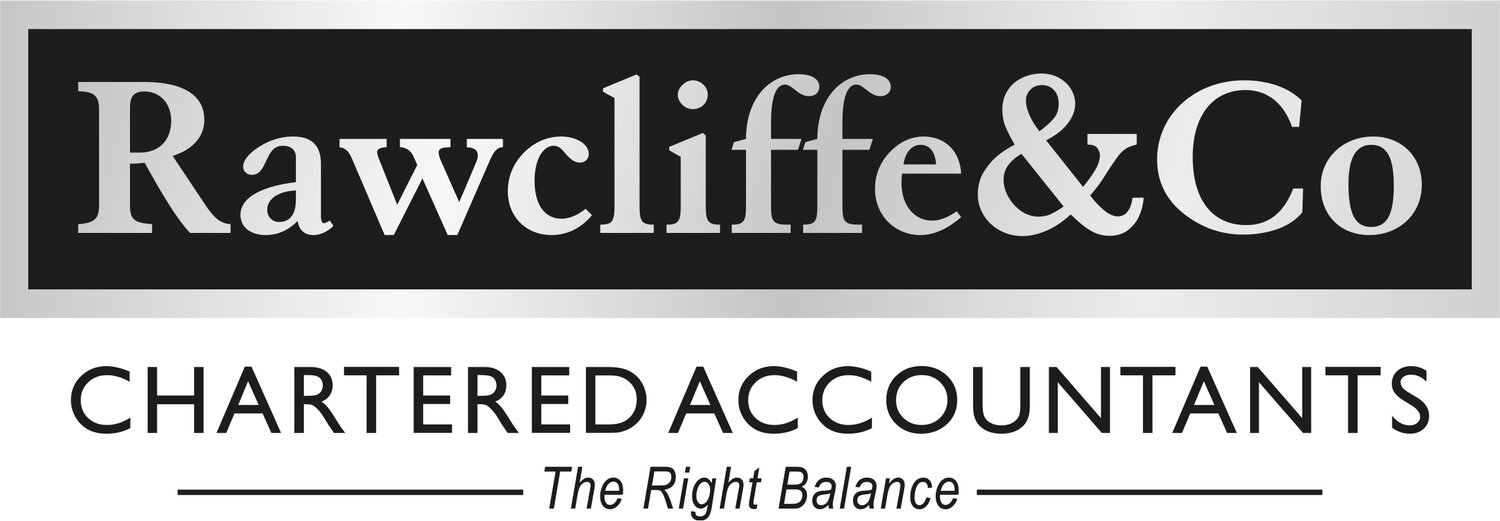Possible Changes To Capital Taxes
The Office of Tax Simplification (OTS) have been asked by the Treasury to review both Inheritance Tax (IHT) and Capital Gains Tax (CGT) recently which again suggests there could be changes to those taxes that may require pre-emptive planning action.
Will Cgt Rates Go Up?
The OTS report highlighted the mismatch between CGT and income tax rates which currently encourages taxpayers to prefer to take profits as capital rather than income. This potential opportunity has been addressed recently in the case of company liquidations where there is now a targeted anti-avoidance rule.
There has also been increased scrutiny of share for share exchanges and company share buy backs by HMRC. Both of these transactions, if properly structured, can currently be taxed as capital gains instead of income.
The CGT annual exempt amount is currently £12,300 which is considered a very generous de minimis. It is important that taxpayers do not need to report trivial disposals of capital assets but perhaps we will need to get used to a more modest limit going forward. Consider making use of the current generous limit whilst it is still there.
A possible change that has featured in a couple of OTS reports recently concerns the treatment of property passing on death. Although the value of the property is subject to IHT, there is currently no CGT and also a tax free uplift to market value for CGT purposes.
The OTS recommendation is that the value for CGT purposes should be the deceased person’s base cost. Although there would still be no CGT to pay on death, the reduced base cost would mean a larger gain and CGT liability on subsequent sale.
We are hoping that the current business asset disposal relief that provides business owners with a 10% CGT rate on disposals will continue to apply as this encourages entrepreneurs to build successful businesses.
Possible Inheritance Tax Changes
As reported in an earlier newsletter, the OTS suggested simplifying IHT on lifetime gifts including reducing the period of potential exemption from 7 to 5 years. Such a change would mean that the donor would only be required to survive for 5 years following a gift for the transfer to be exempt from IHT.
The OTS also suggested that the conditions for Business Property Relief might be tightened up by aligning the rules with the definition of a trading company for CGT. This relief currently provides 100% relief on the transfer of shares in an unquoted company. The suggested change would mean that more transfers of shares would potentially be liable to inheritance tax and may require a careful review of your plans if you are looking to pass on your business.
Further reading: See, Business Relief for Inheritance Tax.
Pension Tax Relief Under The Spotlight?
One area where the Chancellor could raise a substantial amount of tax would be to restrict higher rate tax relief on pension contributions.
There have been recent consultations with the pensions industry and it has been suggested that the government top up might be increased to 30% but with no further tax relief. That would continue to encourage people to save for their own pension but the better off would get less tax relief. The pension rules continue to be complex and this may be announced as a simplification measure.
If you have spare cash that you are considering investing in your pension you might want to consider bringing that investment decision forward.
Related Articles
The Rawcliffe & Co team is available via phone or email Monday to Thursday 9-5pm and 9 – 4:30pm on Fridays.
Tel: 01253 798812
Email: info@rawcliffeco.com


